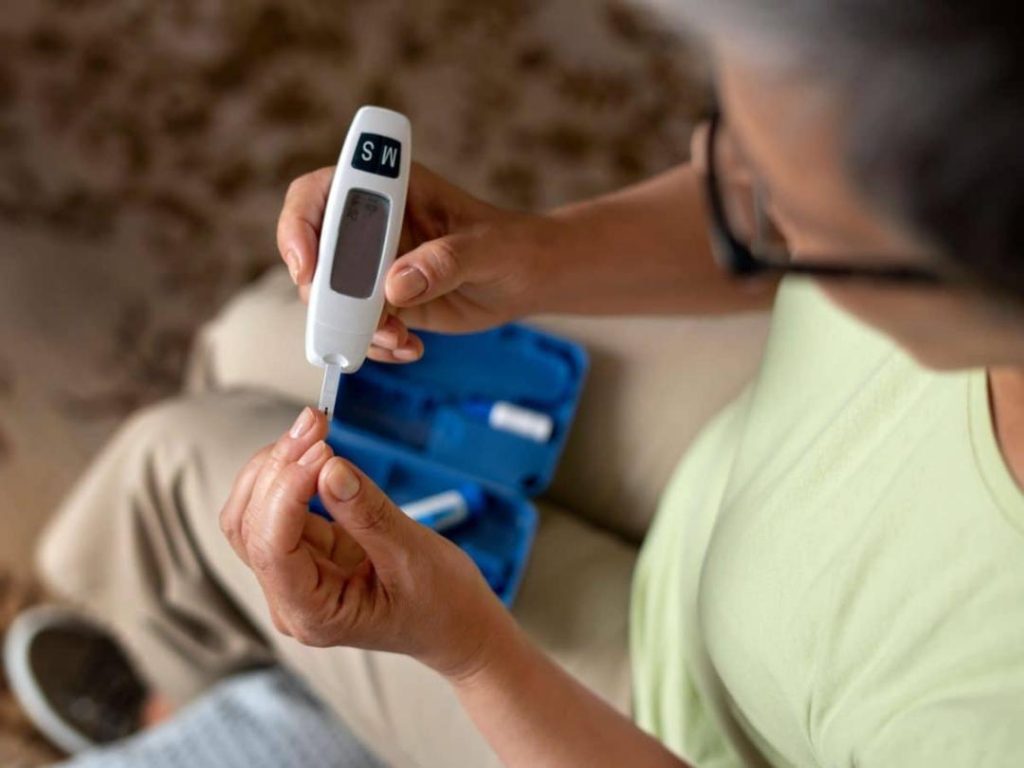
India may hit 185 million cases by 2050: Report
India is on the cusp of a diabetes explosion, with the number of adults living with the condition expected to rise by 73%, from 107 million to 185 million, by 2050, according to the latest IDF Diabetes Atlas. The alarming projection has sent alarm bells ringing among health experts, who are warning of the urgent need for action to prevent this looming health crisis.
The International Diabetes Federation (IDF) report highlights the staggering growth of diabetes in India, which is already grappling with the second-highest number of diabetes cases in the world. The country’s diabetes burden is expected to increase significantly over the next three decades, with the number of adults living with diabetes projected to rise by 73% from 107 million to 185 million by 2050.
The report also highlights the significant economic burden that diabetes is expected to impose on the country. The IDF estimates that the cost of diabetes care in India will increase by 145% to reach $14.5 billion by 2050, making it a significant strain on the country’s healthcare system.
The causes of the diabetes explosion in India are complex and multifactorial. However, experts point to the rising prevalence of obesity, physical inactivity, and unhealthy diets as key contributing factors. The country’s rapid urbanization and changing lifestyles are also being blamed for the surge in diabetes cases.
The impact of diabetes on individuals and society is severe. The condition can lead to a range of complications, including heart disease, kidney disease, and blindness, if left undiagnosed and untreated. Moreover, diabetes is also a significant contributor to premature mortality, with the IDF estimating that one in five deaths in India is due to diabetes or its complications.
In light of the alarming projections, health experts are urging urgent action to prevent the diabetes crisis. Early detection and treatment of diabetes are crucial in preventing complications and reducing the risk of mortality. Moreover, lifestyle modifications, such as a healthy diet and regular physical activity, can go a long way in preventing the condition.
The Indian government has been taking steps to address the diabetes crisis. In 2017, the government launched the National Programme for Prevention and Control of Cancer, Diabetes, Cardiovascular Diseases and Stroke (NPCDCS), which aims to provide free treatment to patients suffering from these conditions. The program has been successful in increasing access to healthcare services, particularly in rural areas.
However, more needs to be done to address the diabetes crisis. Experts are calling for increased awareness and education about the risks and consequences of diabetes. Moreover, there is a need for more research into the causes of diabetes and the development of effective treatments and management strategies.
In conclusion, the IDF Diabetes Atlas report is a wake-up call for India. The country is facing a significant diabetes crisis that requires urgent attention and action. Early detection and treatment of diabetes are crucial, and lifestyle modifications can go a long way in preventing the condition. The Indian government, healthcare providers, and individuals must work together to prevent the diabetes explosion and ensure that the country is better equipped to manage this growing health crisis.
Source: https://www.healthcareradius.in/awareness-and-promotion/diabetes-crisis






